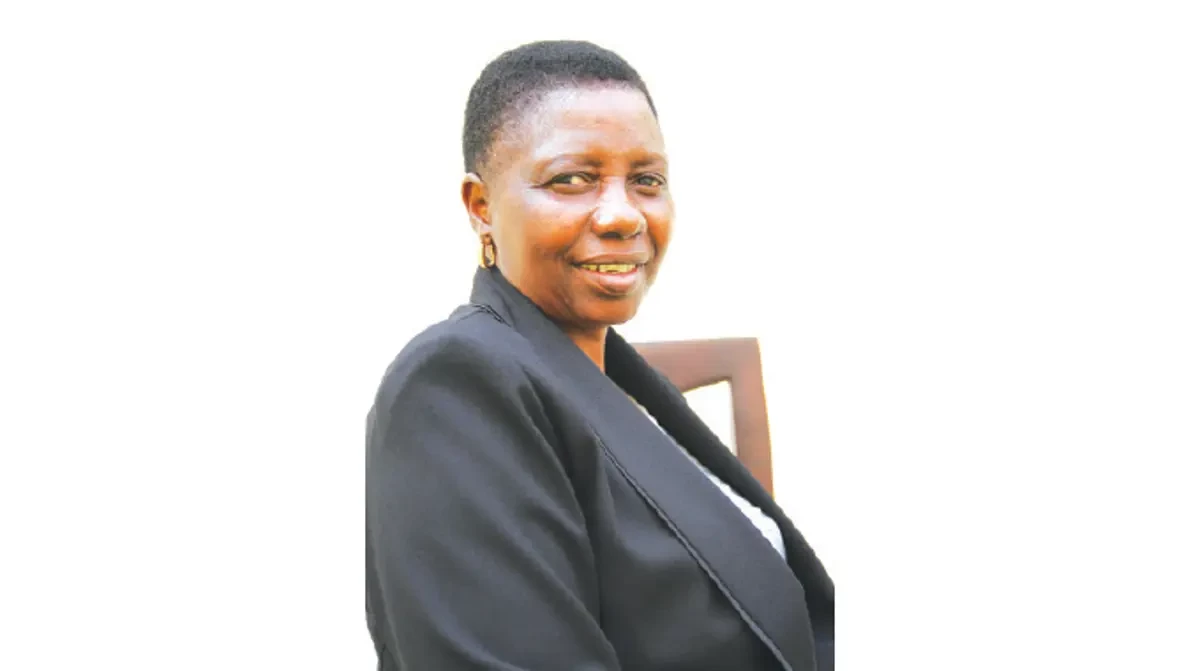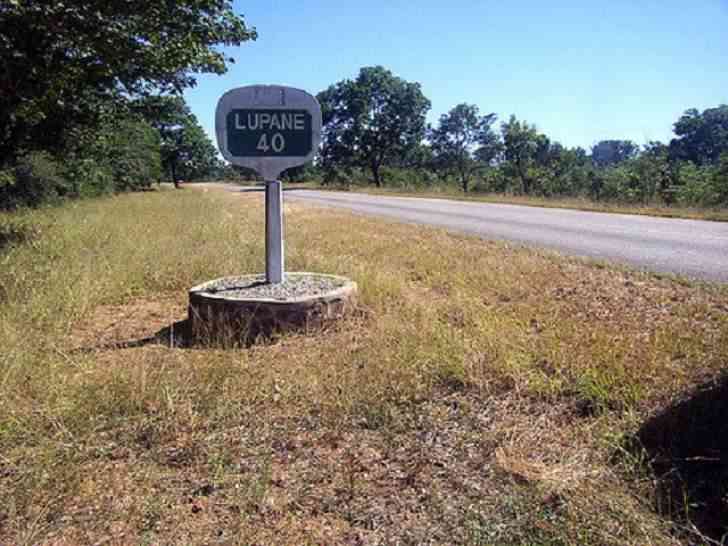
THE newly formed Ministry of Veterans of the Liberation Struggle is demanding money to vet more war collaborators and political detainees to ensure they get compensation for their role during the armed struggle.
A number of war collaborators and detainees did not benefit from the $50 000 gratuity paid to each war veteran in 1997.
The war veterans are also receiving monthly stipends.
War collaborators and ex-detainees have been pushing to enjoy the same benefits, resulting in government commencing a vetting exercise to determine those that are eligible.
The vetting process began last year.
Speaking in Parliament on Wednesday, Veterans of the Liberation Struggle deputy minister Monica Mavhunga said the vetting process has to continue with an estimated 100 000 left out during the last vetting exercise.
“The reason being that it is not difficult to determine war veterans who were trained, but for war collaborators, and political detainees, there was need for collaboration and confirmation by those who served together with the beneficiaries,” Mavhunga said.
“This shows that a large number was left out in the vetting process, and we want to continue with the vetting process. The number of people is around 99 000, so we cannot just leave that number like that. There is a need to carry out the vetting process and complete it.
- Number of war vets needing limbs declines
- Number of war vets needing limbs declines
- War vet wings 'clipped': Analysts
- We'll defend Zanu PF rule: War vets
Keep Reading
“As we approach the annual budget, as a ministry, we anticipate receiving money to cater for that. For them to be recognised, we need to complete the process.”
According to the ministry, at least 150 000 war collaborators and ex-detainees have been vetted to date.
Last year, the Zimbabwe Coalition for Debt and Development (Zimcodd) carried out a survey across the country whose results showed that the majority of Zimbabweans were unhappy over plans to pay more compensation to war veterans. Mavhunga, however, said the ex-detainees and war collaborators deserved compensation.
“Before the new law, the war veterans who participated in the struggle were the only ones who were recognised, but those who assisted like collaborators, detainees and those who went and were not trained, were not covered.
“This culminated in a situation where, through the War Veterans Act, which recognised all veterans with the new law, others were also covered. This was covered in Chapter 17:12 of the Veterans of the Liberation Struggle Act.”
In 1997, angry war veterans pressured the late former President Robert Mugabe to pay them $50 000 each in gratuities and other benefits for their role in the liberation struggle.
But war collaborators and non-combatant cadres were left out.
War veterans have been a vital cog in Zanu PF campaigns during the past elections.
Last year, war veterans held President Emmerson Mnangagwa to ransom demanding “commensurate benefits”, including loan guarantees and rebates for duty-free car imports before they could back his re-election bid in the August 23 and 24 polls.










